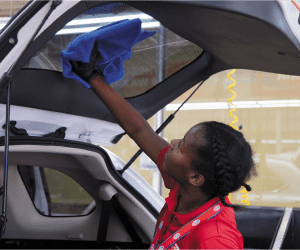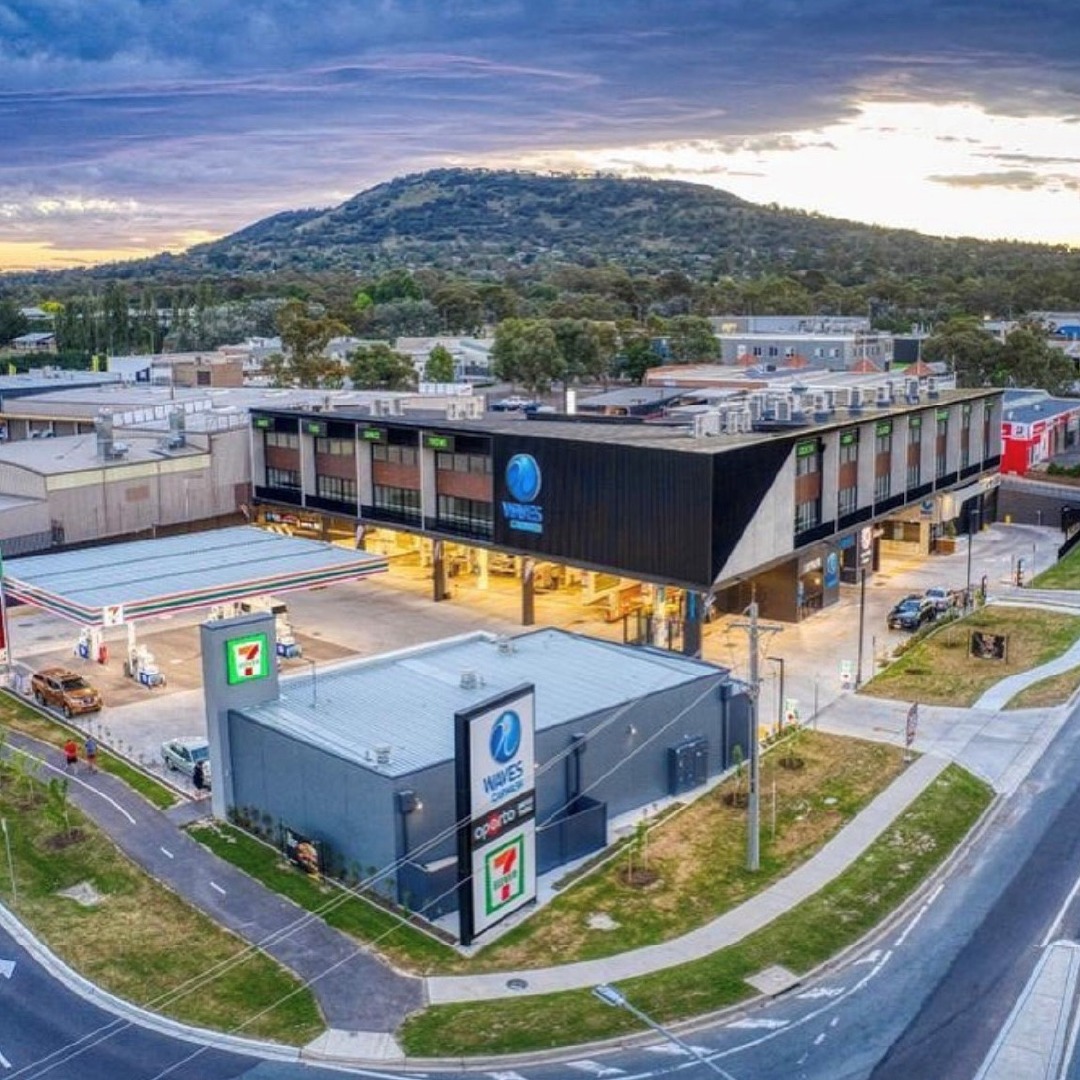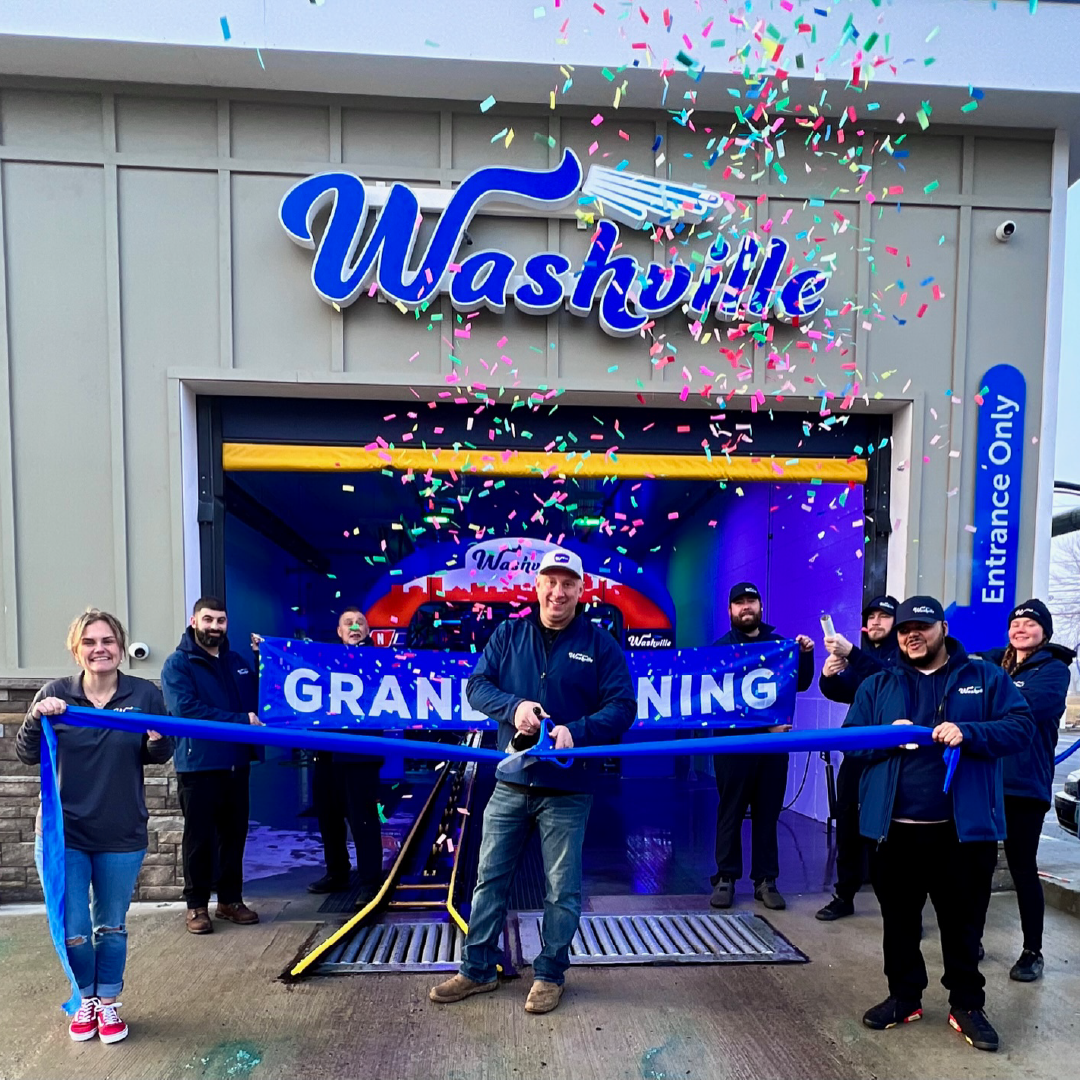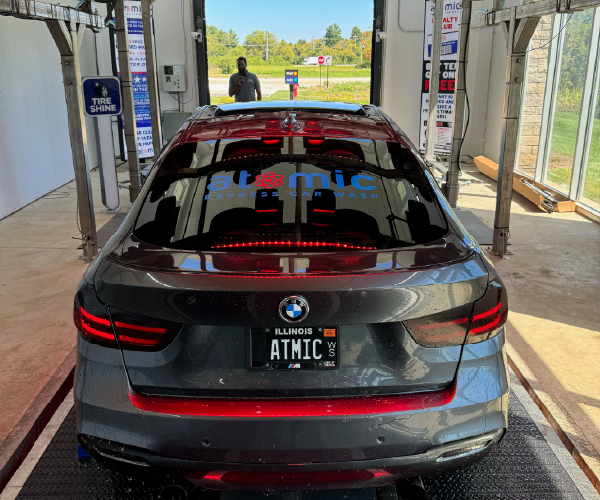
Emphasis on Training Can Be Essential in Battle for Skilled Labor
June 5, 2020
6 minute ReadBY TOM GRESHAM
As the competition for skilled workers has grown in the car wash industry and similar fields, operators have turned to strong internal training and development programs as essential pieces of their workforce strategy. Nicole Speranza, Director of Training and Communications for New York-based Delta Sonic Car Wash Systems, said turnover used to be accepted as a largely uncontrollable phenomenon, and the steady influx of new applicants to take the place of those who left the payroll was taken for granted.
Now, however, she said a tight labor market means that many operators are seeing the wisdom of developing a robust training program that will be attractive to employees and job candidates, providing them a clear path to promotion and greater responsibilities. At Delta Sonic, for instance, Speranza said a stronger training program allows employees to “more easily see the vast amount of opportunities available to them at Delta Sonic. Not only can they better visualize future success at Delta Sonic, but they also know exactly what they need to accomplish in order to achieve their goals.”
“It’s become more important to develop the talent we have and keep employees here longer,” Speranza said.
MAKING TRAINING A PRIORITY
Waterway Gas and Wash, a Missouri-based operator with 20 locations in five major cities, is among those to put an emphasis on training. The company’s workforce-development efforts are headlined by Learn to Lead, a branded education curriculum for managers in training. The program, which takes three years, largely targets recent college graduates and teaches them the myriad responsibilities of running a business — from personnel development and financial analysis to marketing and customer service. 
As trainees move through the program, they gain new skills and add greater responsibilities. Shaun Nordgaarden, Vice President of Operations for Waterway, said only 10% to 20% of those who complete the program continue with the company, but Waterway’s leaders accept that loss. In fact, he said, Learn to Lead’s sterling reputation means “we’ll have enough of a talent pool to support our growth even if a good majority leave.”
“Our manager-development program really is the cornerstone of our success over the last couple of decades,” Nordgaarden said. “Our program helps both attract new candidates and develop the ones that we have.”
Waterway also has a parallel training program for its hourly associates.
“Each category of employee here has a development path — everyone has a next step at Waterway,” Nordgaarden said. “There’s always something to work toward and curriculum, training and areas of focus for people to use to grow. That aligns with our own growth philosophies for our organization. We realized for us to grow and add new locations and move into new cities, we have to have the people to support that growth. So, we focus on developing people.”
Tyler Slaughter, Partner/Operations Director for Camel Express Car Wash in Nashville, Tenn., said Camel Express employees are trained “rigorously” on between 68 and 78 modules. When they demonstrate that they excel in those and can handle the most challenging of tasks, such as catastrophic failures of equipment, then they may be identified for management training. A growth chart shows employees where they are in their careers with the company and where they need to go to reach a management position. Slaughter said an increased emphasis on training and improved clarity of career paths has helped cut down on turnover, including a recent 14-month stretch without the departure of a single employee.
CONTENT THAT WORKS
When an employee has been identified as a potential manager at Camel Express, Slaughter said he or she is trained using a manager’s handbook the business created. For instance, Camel Express training for managers includes work with the L.A.S.T. (Listen, Apologize, Solve, Thank) method to bolster customer-service skills. Potential managers are taken through various manager-training modules that cover areas such as coaching, where employees learn skills related to observing, assessing, providing feedback and reinforcing lessons.
“We cover those items day in and day out, and you can usually start to see whether they want to continue toward management or they start to turn away from it,” Slaughter said.
Speranza said Delta Sonic has made some key technical adjustments to its training content to make it more successful.
“In the beginning, we relied on traditional learning models and delivered a lot of text-heavy content,” Speranza said. “It resulted in a pedagogical approach that was not always the most effective method of teaching a new skill or behavior. Now, we focus on developing content that simulates the desired behavior in a safe environment. For example, instead of testing register skills with a multiple choice test, we designed a register simulation that allows employees to tender practice transactions before being put in front of the actual unit.”
Speranza said Delta Sonic has a blended training program that includes both online and in-person learning opportunities — with a particular commitment to online training.
“Making the majority of our training available online allows us to integrate training seamlessly into our fast-paced work environment,” Speranza said. “Rather than pulling employees out of their sites to undergo training, they have constant access to a library of training on any company workstation.”
Similarly, Nordgaarden said Waterway’s modular training program is operated through an online-learning management system.
“Everything is housed digitally,” Nordgaarden said. “We have checklists and quizzes and courses and videos, and all of that can be updated. We regularly evaluate everything in the system and make changes. If we have a new initiative or a new core process, we go in and make those changes in the curriculum pretty easily, and we can push that out to the whole team.”
Speranza said Delta Sonic combined its internal communications and training teams and found its training efforts became more nimble and clear as a result.
“We work in a fast-paced industry where change is constant,” Speranza said. “By merging these two functions, we’re able to ensure coherence in our messaging and materials. When something new is in the pipeline, we are not only able to communicate it effectively to our teams, but we are also able to support them through the transition with training and job aids.”
Camel Express is among those to provide its employees with supplemental life-skills training in areas such as personal finance, while enlisting outside experts to provide specialized insight. Slaughter said a session with a body-language expert proved particularly revelatory and impactful for the team.
“Bringing in people with different skill sets than we have is an important way of helping our people to progress and grow professionally,” Slaughter said.
IDENTIFYING MANAGEMENT CANDIDATES
Chris Presswood, managing partner/senior vice president for Mammoth Holdings, which owns Finish Line Car Wash, said Finish Line has aimed to take an objective, data-based approach to measuring employees’ progress and identifying them for a management track.
“Our change really has been trying to improve how we measure people along the way to eliminate any opinion-based promotion and to turn more to seeing if they’re scoring well,” Presswood said. “When they’ve demonstrated their capabilities that way, there’s no opinion needed.”
— Chris Presswood, Finish Line Car Wash
At Finish Line, which has locations in Illinois, Kentucky and Tennessee, each position requires team members to be certified — and to maintain certification — in each of their duties.
Presswood said employees who shine in their roles gain attention as potential managers.
“Someone that demonstrates the ability to become certified in multiple positions and to maintain that certification will lead us to ask the question, ‘Are they a candidate to move beyond this?’ ” Presswood said. “So, we’ll look closer at what do their competencies and skill sets look like, and do they translate well to the necessary requirements to perform well in a management role?”
Having sufficient competencies is only part of the equation though. Presswood said Finish Line emphasizes behavioral assessments when weighing a candidate for management training. The behavioral piece can get overlooked, he said.
“There are lots of great behavioral-based assessments out there that can tell us if someone in their natural state has the behavioral attributes that would suit them well in a particular role — in addition to just having the skill set to do a job,” Presswood said. “I think that’s sometimes confusing when we talk about competencies and skill sets because having the necessary skills to function within a role is different than having the right behavioral attributes for a management role.”
Photos courtesy of Delta Sonic Car Wash Systems







